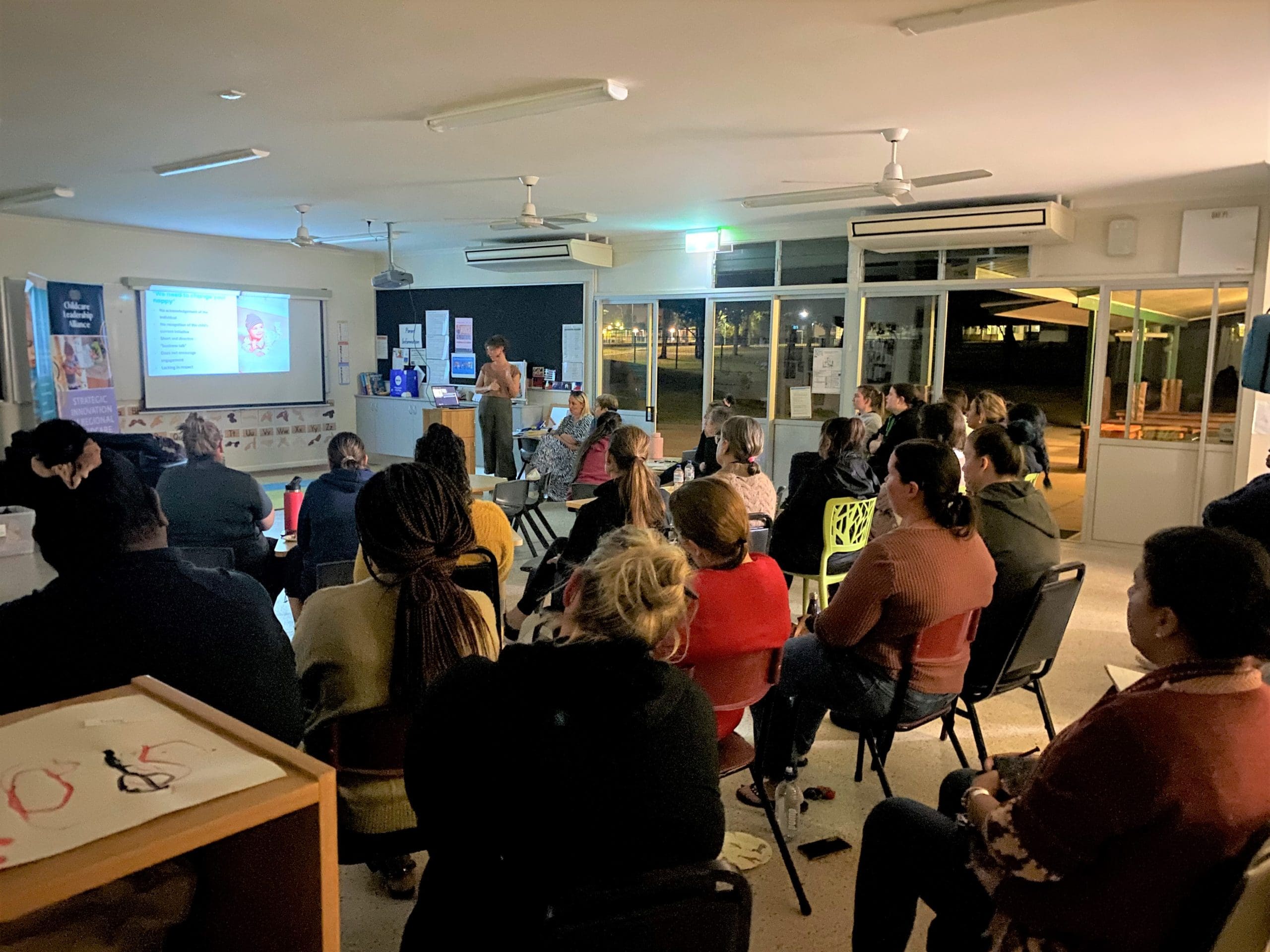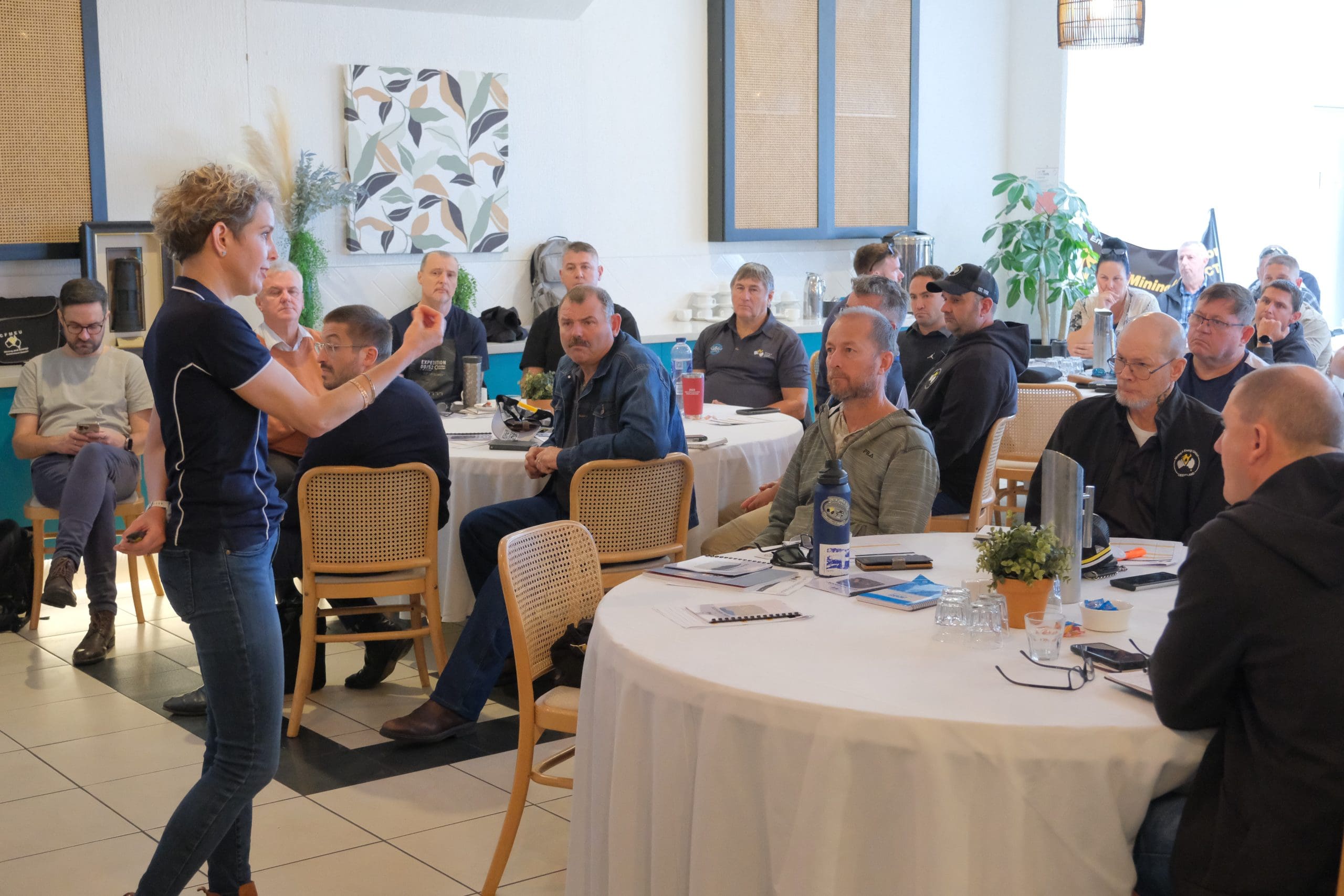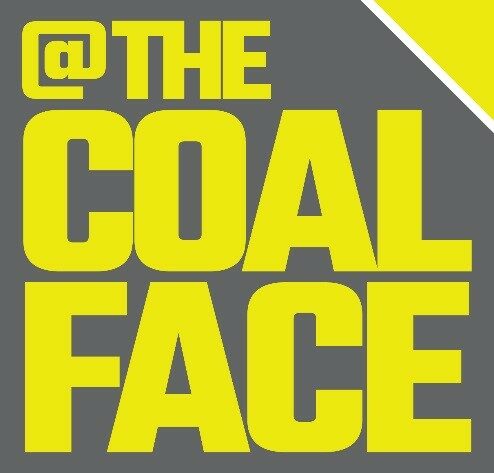In April, the Federal Government’s Department of Employment and Workplace Relations released a plain-looking document that heralds big changes in the mining industry.
The Same Job Same Pay consultation paper marks an important step towards the Labor Government legislating an election promise to address the misuse of labour hire to cut wages.
The consultation paper acknowledges that while labour hire plays a legitimate role in the workforce, “some employers use these arrangements to deliberately undercut bargained pay and conditions.” They certainly do.
Workers across the coal mining industry will be very familiar with this scenario. Over the past ten to 15 years we’ve seen a substantial shift away from permanent jobs employed by the mine operator to insecure jobs employed by labour hire companies, who are contracted to the mine operator.
Because of the gains unionised coal miners have made through collective bargaining over many years, Enterprise Agreements for permanent employees of mine operators tend to be comprehensive, with wages and conditions substantially better than the Black Coal Mining Industry Award.
By outsourcing some or all employees to labour hire companies, mine operators push wages back down to the legal minimum set out in the Award. Any bargaining to improve conditions then takes place off this lower bar – and if labour hire workers get too organised the mine operator can simply ditch the contract and start over with someone else, pushing wages and conditions back to the minimum.
As the Government’s consultation paper notes, this practice erodes job security and undermines a key element of the Fair Work Act, which is to establish enforceable wages and conditions through enterprise bargaining.
On the consultation paper’s release, employer groups were quick off the mark to declare that Same Job Same Pay is unfair and unworkable. Employers say that labour hire workers deserve choice and flexibility – presumably they mean the choice and flexibility to be paid less than the permanents working next to them. They say that without access to labour hire workforces, mines will be forced to shut down.
What rubbish. Same Job Same Pay is not about preventing mines from using labour hire. It is about ensuring that labour hire is used for its intended purpose of managing short-term needs, sourcing specialist skills or managing peaks and troughs in production. It is about ensuring that if labour hire workers are employed to perform the same work as permanent employees, they are not paid less for that work.
The Federal Government has flagged that it will introduce Same Job Same Pay legislation to parliament in this year’s Spring sitting. That means we’ll have a long winter of debate about closing the loopholes that allow mining companies to pay some workers less, just because they’re labour hire.
Just remember that the big mining companies claiming that Same Job Same Pay will wreck the industry are renowned for running scare campaigns about anything that affects their bottom line. Whether it’s royalties or taxes or wages – mining companies never like sharing. They only do it when they’re made to by law.
Also remember that over the past two years, mining companies have made profits they could have only dreamed of before the global economic disruption caused by Covid and the Ukraine war. They can afford to pay the wages and conditions set fairly and squarely through enterprise bargaining with their permanent workforce to everyone performing the same work.
Our union has advocated for Same Job Same Pay for many years and we won’t stop until it becomes law. With formal consultation now underway we can expect plenty of fear-mongering and nay-saying, but we can also take heart that this important reform is a big step closer.
Tony Maher
General President Mining and Energy Union











